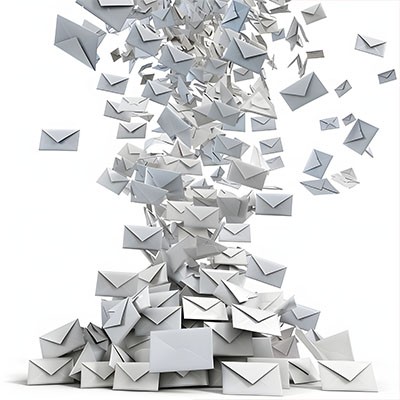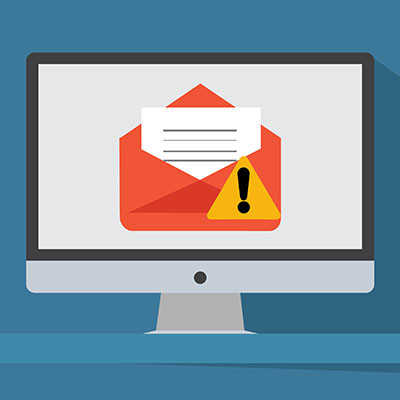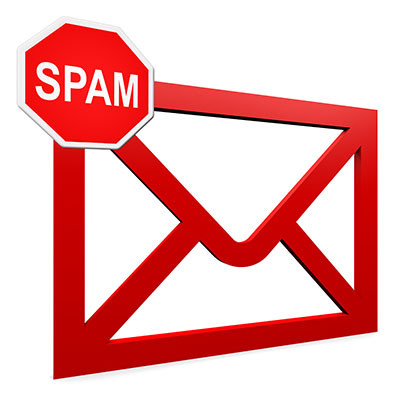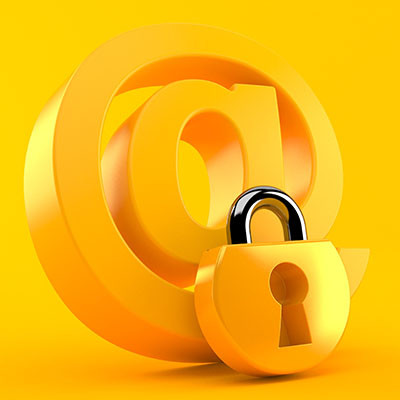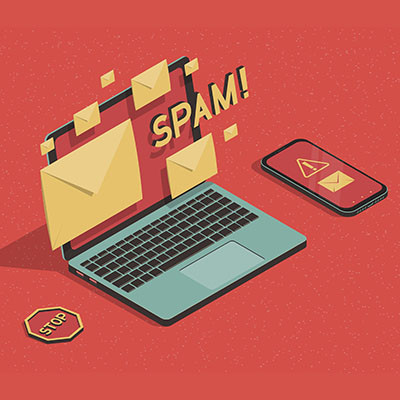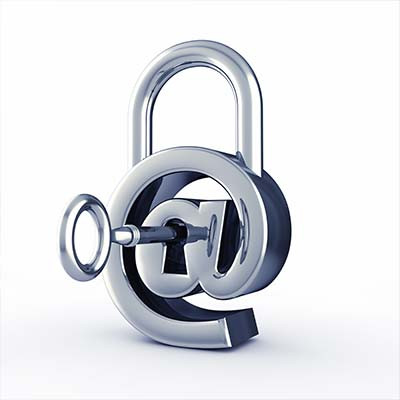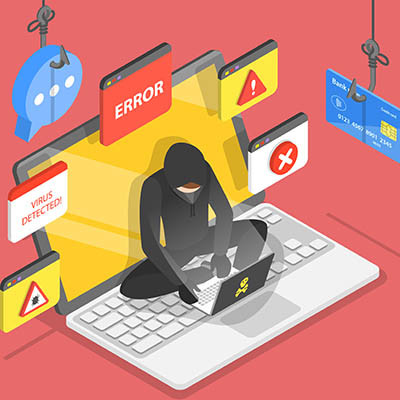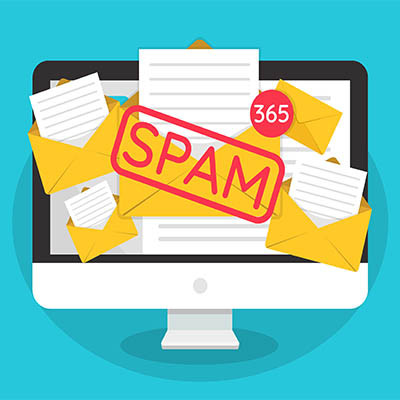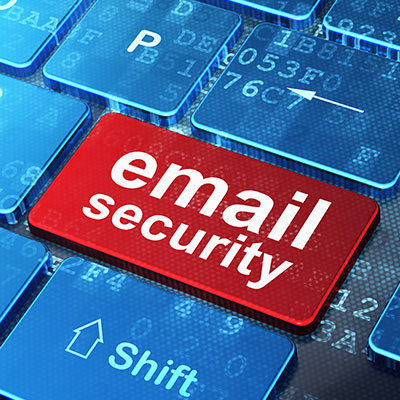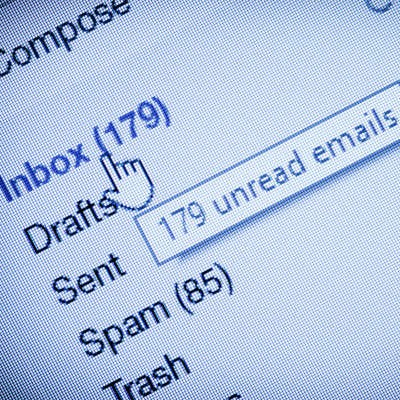While we all know how much magic the workshops up at the North Pole rely on to produce presents for the good children of the world, we have it on good authority that they also rely on quite a bit of technology. For instance, there are a lot of letters that need to be sorted and read before Santa’s big ride. Let’s read up on what our partners up north frequently deal with in their critical operations.
If you are a Gmail user, you might have noticed the different inbox categories available. This makes it much easier to reach “inbox zero.” With the “priority inbox,” you can achieve this feat without so much as breaking a sweat—unless you count sweat from how much you’re laughing at how easy this tip is to pull off.
Amazon Prime subscribers recently received an email from the online marketplace, warning them of the prevalence of scams that took advantage of their offerings and brand recognition. Let’s go through the advice that this email shared, and compare it to the best practices we recommend for avoiding scams.
AI—artificial intelligence—has been a hot topic as of late, with it seemingly being used for any purpose you can imagine nowadays. Unfortunately, this has also included cybercrime.
However, just as AI can be a weapon for cybercriminals to use, it can also be a shield to help protect your business from threats. For instance, in phishing prevention.
Email remains a cornerstone in business communications, often containing sensitive information and other data that really needs to be protected. Fortunately, modern email platforms often enable you to add a little bit of protection, so long as you know what the process looks like.
Let’s go over how you can make your emails just that much more secure.
I’m talking about when the heir to the Nigerian throne would reach out to your Hotmail account to help him secure his inheritance, or when an attractive woman or man you’ve never met before would email you out of the blue asking if you were single; spam has always been annoying, but back then, it was clearly just junk that could be ignored.
Today, it’s not so simple.
How often do you receive emails from someone written in another language? We bet the answer is “not often,” but you never know when being able to translate an email might come in handy—especially if you ever do business overseas. Let’s go over the built-in translation functionality that comes with Gmail.
Sometimes the worst scams out there are the simplest ones. Hackers don’t need a fancy or complicated malware or algorithm to create chaos for your organization; all they have to do is convince you that the email you’ve received in your inbox is from someone of authority within your business. Let’s go over how a business email compromise is pulled off and why you need to be wary of threats like these.
Your company’s email is one of its most important pieces of technology, and since that is true for nearly every business, it is unfortunately one of the most utilized attack vectors used by cybercriminals. Most businesses don’t understand just how vulnerable they are if their email isn’t properly secured and do their best to keep their employees trained on how to spot potential scams.
Even the most cautious employee could fall victim to a well-placed and well-timed phishing email. What are some factors that contribute to the success of these attacks, and what subject lines in particular should people be cautious about? A recent study takes a look at what goes into a successful phishing attack, and you might be surprised by the results.
While spam filtering can be great for your business’ own defenses, the spam filtering that your contacts have in place could very well keep your messages from reaching them. This simply will not do. Let’s go over a few ways that you can help prevent your emails from being caught up in these filters before your contacts or prospects can read them.
With so much time being spent in email, and Gmail holding a 33.7 percent market share, it should come as no surprise that many businesses wouldn’t mind it if a little less time were spent in Gmail if possible. As it happens, one of the most frustrating expenditures of your time—rewriting similar emails repeatedly—can be eliminated by creating Gmail templates.
Gmail has proven to be as secure as most other email platforms, but email is email and there are times when you send an email that isn’t opened promptly and you’d rather not have the information in that message get sent around or archived where you can’t control it. Now Gmail has added a feature that allows users to send messages that will delete themselves in a predetermined time frame, and work to keep the contents of those messages from being shared. Let’s take a look at them today.
Gmail is as secure as any comparable email platform, but there may be some messages you send that you’d rather not have hanging around in someone’s inbox. However, did you know that Gmail enables you to send messages that delete themselves after a set timeframe… while also preventing the contents from being forwarded, downloaded, copied, or printed?
While email is an indispensably useful tool in the office, it can quickly become a time-sink if finding the right messages to read and respond to becomes an overbearing responsibility. Fortunately, there is a simple solution to remedy this that, after spending some time learning about the full capabilities of your email platform, can once again make your email the useful tool it is meant to be.
As businesses have advanced, the use of tools to improve their communication has become paramount to success, with ongoing global developments only contributing further to their importance. With new challenges and opportunities presenting themselves each day, your team needs the tools that allow them to work together and accomplish all that needs to be done.


